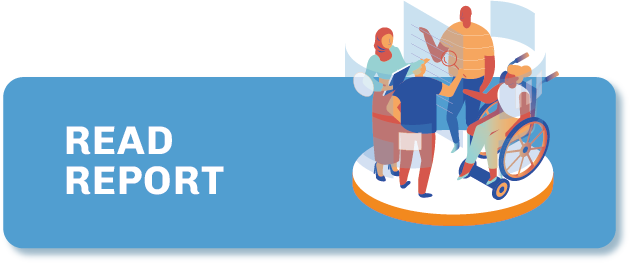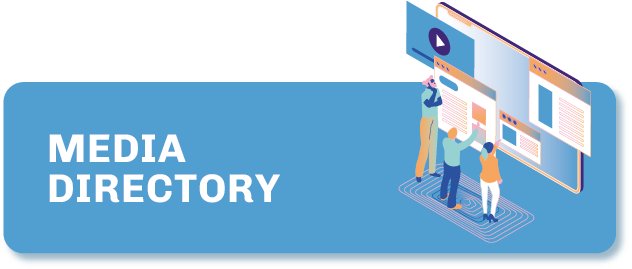Bosnia and Herzegovina
Independent digital native media outlets in Bosnia and Herzegovina are run by non-profit organisations primarily financed through grants from foreign donors such as USAID and private donor organisations. A small number have other sources of revenue. Most of the media organisations included in the directory regularly report on topics related to human rights and cover issues faced by marginalised groups such as the LGBTIQA+ and Roma communities.
Media organisations
in the Directory
TYPE OF COVERAGE

TYPE OF ORGANISATION

GENDER OF FOUNDERS

Press freedom
The legal framework that guarantees press freedom in Bosnia and Herzegovina is relatively advanced, but an unfavourable political and economic environment limits it in practice, according to Reporters Without Borders’ Press Freedom Index 2022. Some media outlets self-censor and avoid critical journalism due to pressure. Journalists are most often exposed to verbal threats and attacks, as well as occasional physical attacks. Journalists generally do not feel sufficiently protected while doing their work, and do not trust the police to protect them.
Market structure and dominance
Bosnia and Herzegovina has a very fragmented media market, notes Reporters Without Borders, with about 40 TV stations, 150 radio stations, several daily newspapers and news agencies, almost 200 magazines and other periodicals, and about 600 web outlets. Paradoxically, such a large number of media outlets “does not imply true pluralism of information and opinions”, notes the organisation. Citizens are “increasingly relying on mobile technology and online sources” for information – most of all on Facebook – which might contribute to pluralism, but also comes with a concerning proliferation of fake news and misinformation, according to IREX’s Media Sustainability Index 2019 report.
How media is funded
Most independent digital native media organisations in Bosnia and Herzegovina depend on grants from foreign donors such as USAID as well as private donor organisations. Recognising that this is unsustainable in the long term, some digital native media outlets are using advertising and consulting services as an additional source of revenue. Local government institutions rarely support non-profit media outlets.
Sixteen profiles of digital native media organisations from Bosnia and Herzegovina are included in the directory. These are media outlets that often engage in investigative journalism and report ethically and professionally on human rights and minority rights, thereby trying to establish a balance in the media ecosystem with commercial platforms that publish biassed and sensationalist content, as well as platforms that circulate misinformation and clickbait.
Most of these media outlets regularly report on human rights and minority rights, but there are also specialised outlets that cover important topics such as issues concerning the LGBTIQA+ community, for example LGBTI.ba, or the Roma community, for example NEWIPE. All 16 digital media outlets are non-profit organisations whose work is financed primarily through foreign grant programmes. Some of them use advertising and consulting services as alternative sources of revenue. For example, the organisation eTrafika has created an innovative service the first stock photo platform in Bosnia and Herzegovina, called Foto baza. The platform was created to reduce the illegal use of professional photos and to ensure copyright protection. “We want to contribute to copyright protection and the regulation of the photo market,” says Vanja Stokić, the editor-in-chief of eTrafika.
Among the hundreds of news websites in Bosnia and Herzegovina, there are only a small number that produce original, high-quality public interest content and are financially and editorially independent. In order for these digital native media organisations to become self-sufficient, knowledge and skills to develop business models that rely on sources of revenue other than grants are needed.
Last updated: December 2022
CREDIT FOR STATISTICS: Press Freedom statistics, RSF Press Freedom Index 2022; Internet penetration and population statistics, from Internet World Stats

